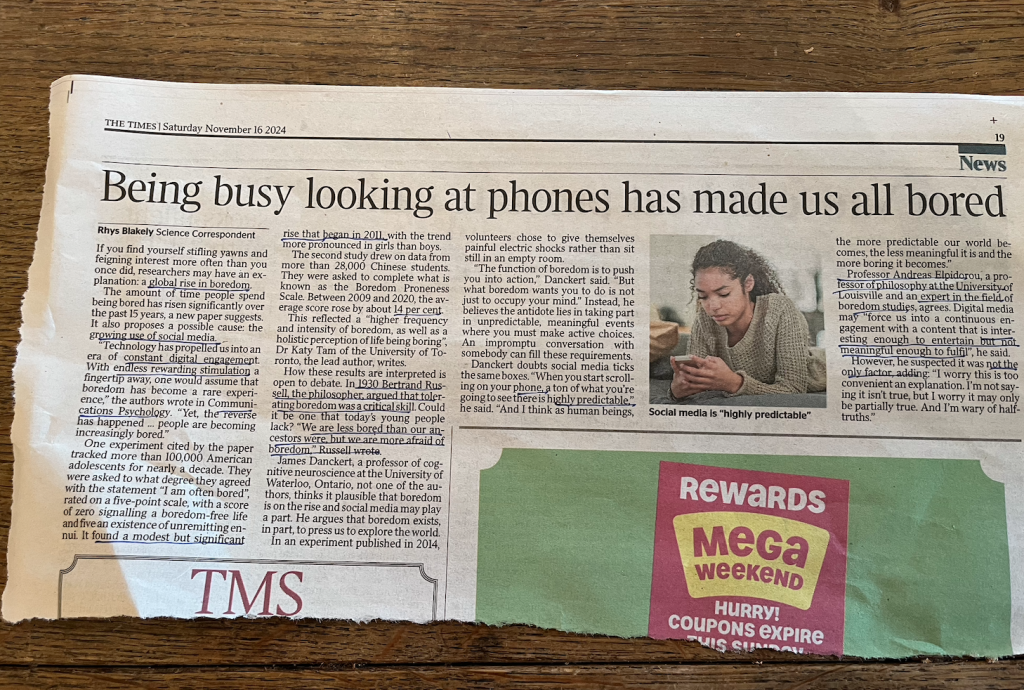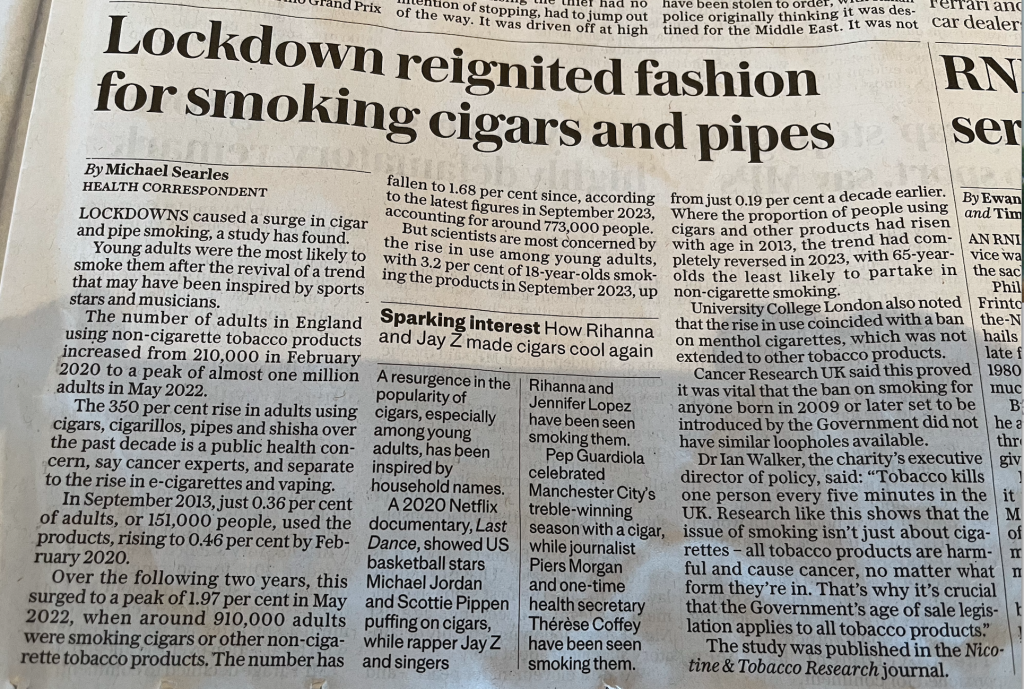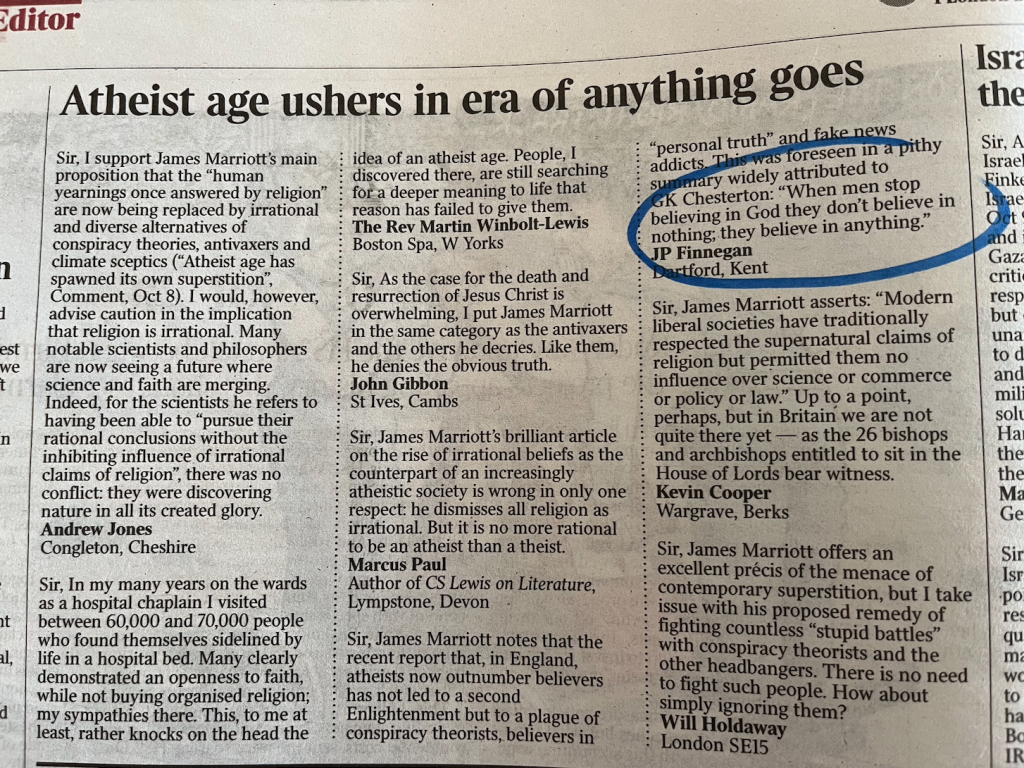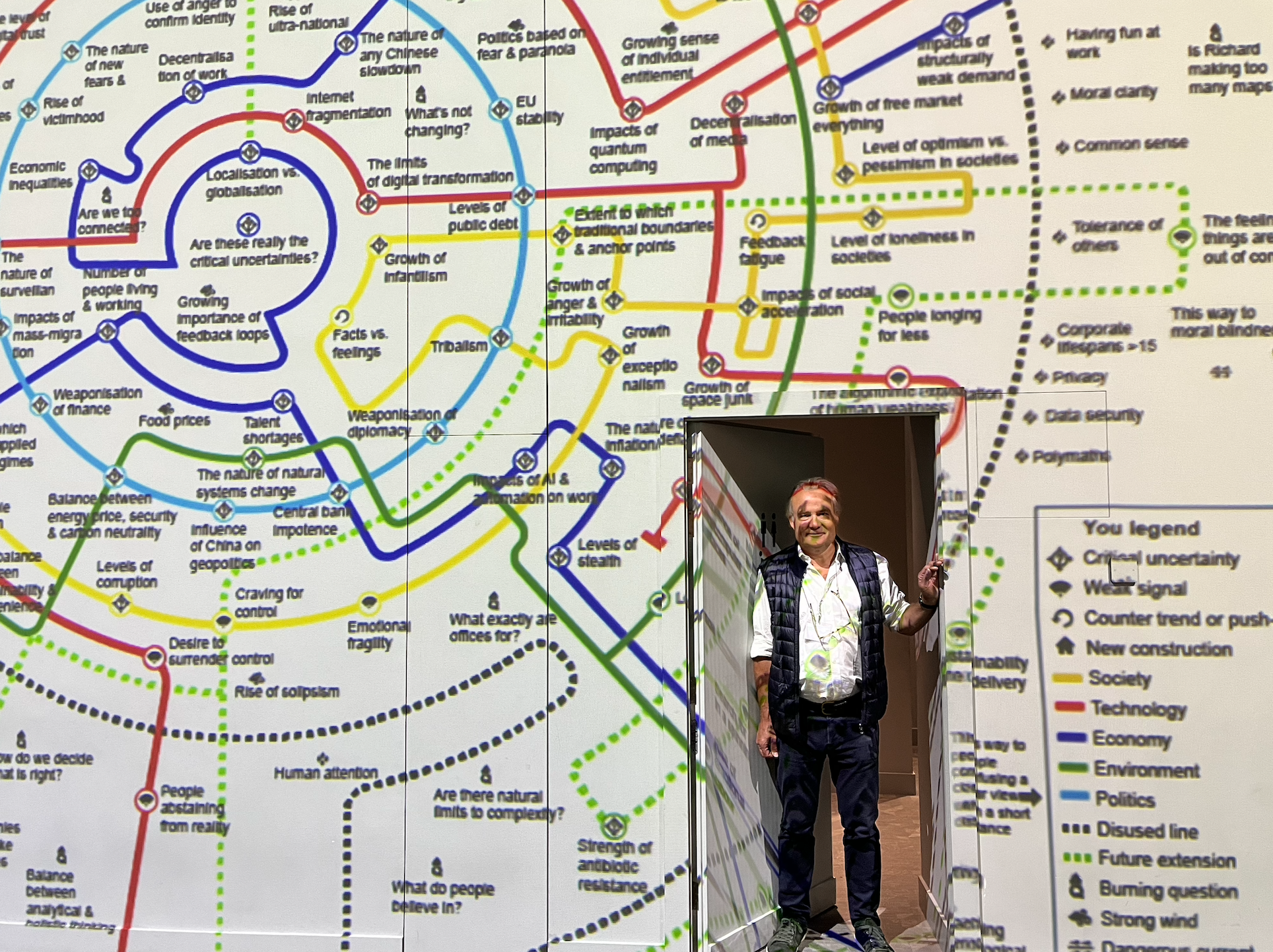
Category Archives: Uncategorized
Quote of the Week
Price v Value
Nice Review
Migrants…
There is a feeling among many people in Europe, especially the UK, that we are being overwhelmed by migrants. Not true. First, it’s important to distinguish between legal (controlled) and illegal migration.
Second, looking at illegal migrants the numbers don’t fit the scale of the anxiety. According to The Economist, “the share of the world’s population who live outside their country of birth is just 3.6%. It had barely changed since 1960, when it was 3.1%” Yes, the number forcibly displaced has grown (0.6% in 2021, 1.4% in 2022), but this is a sixth of the number in the years following WW2.
According to the UN, around half of those forcibly displaced remain in their own countries. Many of those who do move countries eventually return. What is worrying that most of the burden of illegal migration falls on poorer countries.
Finally, there is very little evidence that migrants are an economic drain on host countries. Quite the opposite, in fact. According to one estimate (also quoted by The Economist) totally free movement of people around the world would double global GDP.

Some ideas should stay in the future…
Meet the ancestors
One door closes, another opens
Never say never

About 20 years ago I had a conversation with the Marketing Director of a tobacco company in Asia Pacific. I was trying to sell him on the idea of creating some scenarios for the future of the industry. He liked the idea and ran it up the chain of command. The response from above was “no point, there’s only one future scenario” (that the industry would disappear, and nobody would smoke). This was before the widespread introduction of e-cigarettes and vaping. But my mind at the time was somewhere else – and to some extent still is. The question for me then – as it now – is why do people smoke? I still don’t know, because the project never materialised, but my suspicion is it’s initially to do with rebellion and then perhaps relaxation or anxiety. If this were to be true then one might want to look at the deep drivers of rebellion, relaxation and especially anxiety. If, for example, there was a broader scenario where people were more anxious, this might drive a renaissance of smoking (dependent upon availability and legal restrictions). My serious point here is never to say never. People get the future wrong for numerous reasons, but one of the key reasons is extrapolating from current trends, which often bend or change direction given enough time.
1947
Not bad from 1947, a year before Orwell published 1984 with his telescreens.






